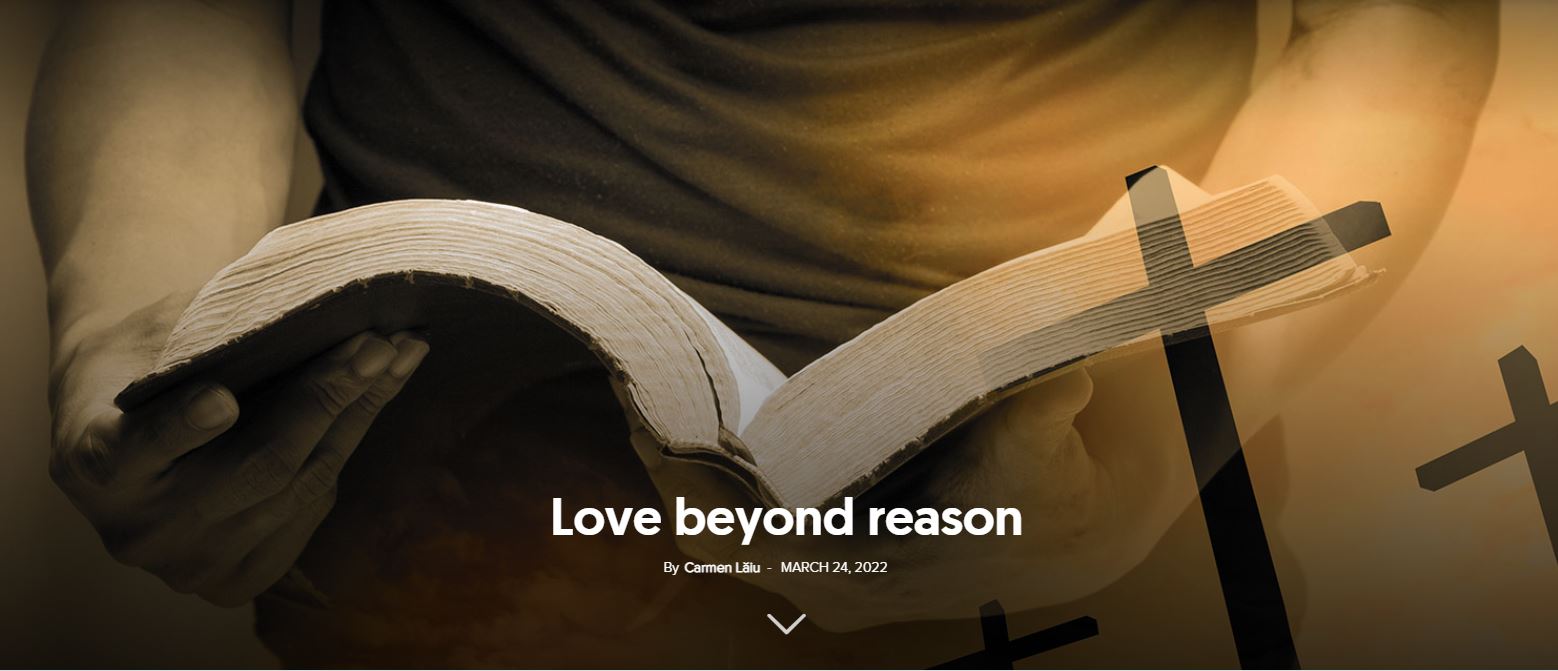“One Thousand Gifts” describes the beautiful revolt of a soul that does not want to be crippled by what it has lost, but to pierce its own suffering like an arrow springing from the bow of grace, a leitmotif of the whole book.
Ann Voskamp is a Canadian author whose collection of memoirs, encapsulated in the book “One Thousand Gifts,” originally published by the prolific Zondervan publishing house, has been on The New York Times bestseller list for weeks.
The book was also honoured at the Christianity Today Book Awards in 2021 and has been cited in numerous publications in the United States (Huffington Post, People Magazine, and World Magazine).
“One Thousand Gifts” is a chronicle of untamed human suffering, domesticated by faith, a chronicle written in poetic language, food for the reader’s soul, without unnecessary figures of speech and without compromising the consistency of the message conveyed. The lyricism of the book helps to render subtly and with care for the reader’s feelings some aspects of pain, which not all people experience at the same time. That is why the option to introduce some ideas encased in poetry—which enhances the author’s respect for the reader’s suffering experience—is all the more welcome.
The book is the result of a struggle for spiritual survival that began after a terrible experience that the author had as a child: the emotional dissolution of her family after the untimely death of her younger sister, in a freak accident, after which the author’s mother did not recover emotionally. “One Thousand Gifts” describes the beautiful revolt of a soul that does not want to be crippled by what it has lost, but to pierce its own suffering like an arrow springing from the bow of grace, a leitmotif of the whole book.
Whether we realise it or not, most of us have these questions, which are, in fact, reiterations of the old dilemma: How can we be truly happy amid an existence in which suffering of any kind abounds? Without diminishing the strength of the rational and emotional arguments it proposes, it must be said that the volume answers these questions with a concept that is simple, but which can be challenging when assumed as a remedy: contentment.
To the reader who is eager to look at gratitude from new angles, but also to the reader who cannot see beyond the acute reality of their present suffering, the book will seem like a glass of cold spring water, on a hot day in the desert.
Alina Kartman is a senior editor at Signs of the Time Romania and ST Network.




















